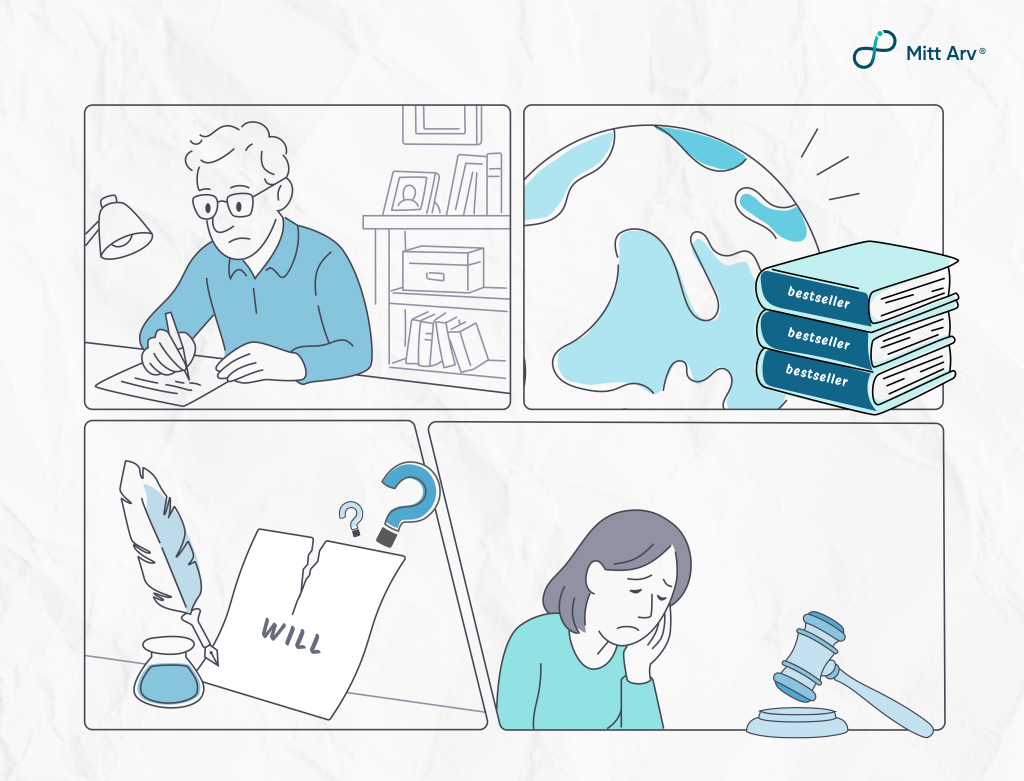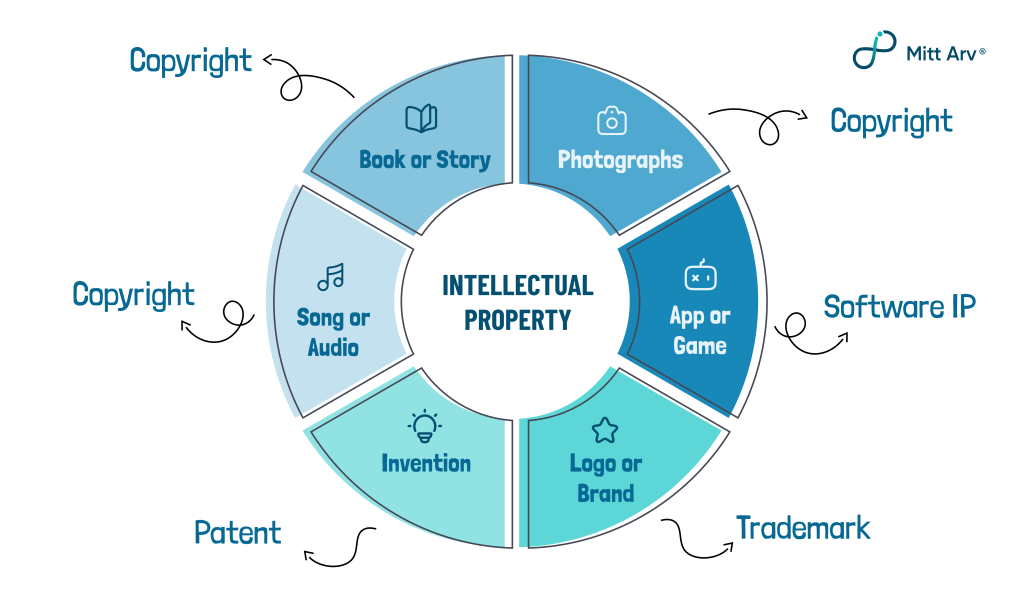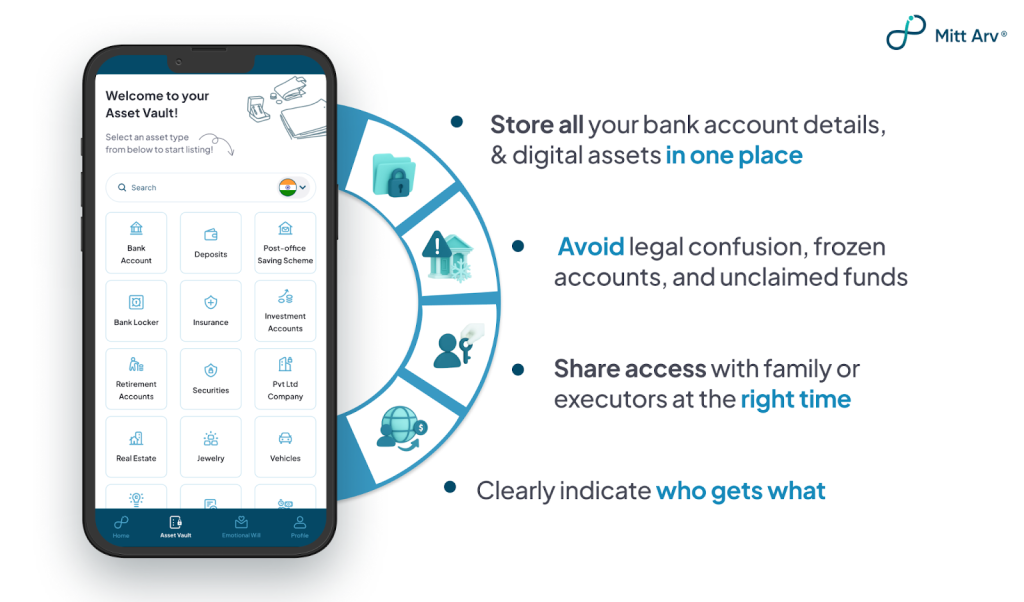
Some of life’s best ideas aren’t born in boardrooms or pitch decks.
They’re born in hostel rooms.
After long days of classes and shared struggles, you sit with your roommates, friends who’ve become your second family. You’re sitting around, tired but excited, sharing stories, brainstorming ideas over tea or coffee about doing something together that’s bigger than just a job. About building something that lasts, not just for money, but to mark your friendship, your bond, and the nights you spent dreaming.
An idea for a startup.
A quirky brand with an inside-joke name that only your circle understands.
A mobile app, a YouTube channel, a fashion line, a blog, a food business, whatever feels right.
Maybe someone pulls out a laptop. Someone else sketches something on a napkin. You laugh, you dream, and somehow, you create something that feels bigger than all of you.
It starts small but grows. Maybe you register a logo, build a website, or launch your first product. Maybe you publish a book, release music, get a patent, or license your design.
That’s intellectual property, the ideas you’ve brought to life, protected by law and carrying both emotional and financial value.
But here’s the thing no one tells you
We get so caught up in building these things, we rarely think about protecting them.
We plan for houses, for savings, for who gets the car when we’re gone.
But we forget about the brand we built with our friends.
The royalties from the book we self-published.
The design we patented after months of hustle.
The website that started as a joke but turned into a community.
If you don’t include your intellectual property in your will or estate plan, you’re risking something precious.
- Your ideas might be forgotten.
- Your rights could expire.
- Your loved ones could lose the income and meaning attached to the work you built from scratch.
- Worse, someone else could claim it, profit from it, or change its purpose, because no one knew what you wanted.

If you don’t believe us, take a look at Stieg Larsson, the Swedish author of the mega-bestselling “Girl with the Dragon Tattoo” series. His novels sold millions of copies worldwide and were even adapted into films.
Tragically, Larsson died suddenly at 50, just before his work became a global phenomenon. He died without a valid will, never imagining his posthumous success.
What happened next was a legal disaster.
Under Swedish law, his estate, including all rights to his books, future royalties, and movie deals, went to his father and brother by default – even though Larsson hadn’t been close with them.
He had lived with his partner, Eva, for 30 years, who had supported him throughout his writing journey. But since they weren’t legally married, she got nothing. Not even a share of the success she had witnessed from the very beginning
Eva ended up fighting just to keep the small apartment they had shared. Meanwhile, the rest of Larsson’s literary fortune went to relatives he rarely spoke to.
The saddest part? We’ll never know what Larsson really wanted, because he never wrote it down.
That is why we bring you this blog, to make sure that it never happens to you or your friends.
What is Intellectual Property?
Intellectual property is anything you create using your mind. It could be a story you write, a song you compose, a product you invent, a brand you build, or even a secret recipe you develop. These creations are your ideas turned into assets, and like any other asset, they can be owned, sold, shared, or passed on to someone else.
Even though you can’t physically touch intellectual property, it can have real financial value. Some of the world’s most successful businesses are built on IP, not physical products. For instance, brands like Coca-Cola or Apple are valuable not just because of what they sell, but because of their ideas, designs, and brand names.

Types of Intellectual Property:
- Copyrights:
These protect creative work like books, music, paintings, photographs, movies, blogs, and even software code.
For example, if you write a song or publish a novel, you own the copyright. Usually, copyrights last for your whole life plus 70 years after you’re gone (though this depends on the country).
- Patents:
These protect new inventions. If you invent something, such as a machine, a new gadget, or a medical tool, you can file for a patent. Once you have a patent, no one else can copy, make, or sell your invention without your permission for a set number of years (usually 20 years from the filing date). - Trademarks:
Trademarks protect things that make your brand special, like your business name, logo, tagline, or symbol.
For example, when you see the Apple logo or the Nike swoosh, you instantly know who it belongs to. That’s a trademark at work.
- Design Rights, Databases, and More:
There are also other forms of IP. For example, you can protect the unique design of a product or the layout of a website. Sometimes, even a carefully collected database can be protected if it took effort and skill to create.
Your intellectual property is part of your wealth, just like your bank account or house. It can earn you money through sales, licensing, or royalties.
It can grow in value over time.
And if you don’t protect it, someone else might use it or claim it as their own. Even the smallest of IPs with no worth today might value to millions!
Let’s see in detail why it’s important to include your IP in your estate plan.
Why Intellectual Property Must Be Part of Your Estate Plan

- Legacy and Sentimental Value: Your creations are part of you. An artist’s paintings, a writer’s stories, a researcher’s innovations – these carry your voice and legacy. Maybe you want your daughter to inherit your photography copyrights, or you want your published works to keep impacting readers through a foundation. Estate planning for IP lets you shape how your creative legacy lives on.
- Preventing Conflict: If you don’t specify who inherits or controls your IP, it can lead to confusion and disputes. Families might argue over who has the right to future royalties or control of the works.
| For example: If multiple heirs are vaguely left to “share” an author’s copyrights, they might disagree on licensing the movie rights for that book. Clear instructions in your will or trust can prevent ugly legal battles by making your intentions known. |
- Avoiding Loss or Expiration: Some IP rights require regular maintenance.
For example:
- Patents need renewal fees.
- Trademarks must be actively used and renewed, or they can expire.
If your family doesn’t know about these rights, they might miss important deadlines. A valuable patent or trademark could be lost just because no one knew how to maintain it. Including IP in your estate plan makes sure this doesn’t happen.
- Tax and Legal Considerations: Yes, even IP can have tax implications. If your IP, like a popular brand, a best-selling book, or a valuable patent, has high market value, it can increase the total worth of your estate. This might lead to unexpected taxes for your heirs.

Your intellectual property, whether it’s a song, a blog, a business name, a patent, or a brand, is a part of you. And just like your home or savings, it deserves to be protected and passed on properly.
Here’s how to start:
- Make a List: Write down all your IP assets, published or unpublished works, business names, inventions, domain names, digital content, and more. You’ll likely discover more than you expected.
- Name Your Beneficiaries: Decide who should inherit or manage each piece of IP. Be specific in your will or trust. For example: “I leave my photography copyrights to my daughter and my brand logo to my business partner.”
- Get Expert Help (if needed): If your IP has commercial value or shared ownership, consult an estate planning or IP lawyer. They can help you create trusts, handle taxes, and simplify transfers.
- Leave Clear Instructions: Some IP requires active management, such as renewing patents or trademarks. Leave behind steps or funds so your heirs don’t lose them due to missed deadlines.
- Document Your Wishes: Whether you want your unpublished novel released or your podcast archived forever, write it down. These wishes help your loved ones carry your legacy the way you imagined.
Now, that might sound like a lot to organize, but you don’t have to do it alone. Platforms like Mitt Arv make it simple to store, share, and secure all your creative assets in one place.
How Mitt Arv Makes It Effortless

Planning all this doesn’t need to be complicated. Mitt Arv makes it simple, secure, and organized:
- Everything in one Dashboard: Store all your IP info, copyrights, patents, trademarks, and digital assets in one easy-to-update dashboard.
- Trusted Sharing: Decide what to share, with whom, and when, ensuring the right people access the right information at the right time.
- Checks Life Status: Mitt Arv’s algorithm detects your inactivity and checks with you and your trusted contacts to verify your life status.
You still need a legal will or trust, which is exactly why Mitt Arv has partnered with No Grey.
No Grey brings in trusted, lawyer-backed services to help you make your plans legally valid, whether it’s drafting a solid will, setting up a family trust, or protecting your business legacy. From simple online wills to comprehensive, tax-smart trusts, No Grey helps turn your wishes into legally enforceable plans, so your legacy is not only remembered, but respected.
Book a free 15-minute consultation call now to get started!
In The End
Your ideas, creations, and innovations are a big part of your legacy. Just because intellectual property isn’t something you can touch doesn’t mean it’s not valuable. In fact, it can continue to make an impact long after you’re gone.
So take a moment to:
- List your intellectual property
- Include it in your will or estate plan
- Talk to your family about it
- Use platforms like Mitt Arv to record and share it securely
- Make legal arrangements where needed
It only takes a little effort now, but it can save your family a lot of stress later. Don’t leave your legacy to chance.
Start today with Mitt Arv and make sure the things you’ve created continue to matter for years to come.
FAQs
1. What is intellectual property in estate planning?
Intellectual property (IP) in estate planning refers to intangible assets, such as copyrights, patents, trademarks, and digital creations, that you own. Including IP in your will ensures your creative works, brand assets, and inventions are legally protected and passed on to the right beneficiaries.
2. Why should I include intellectual property in my will?
You should include intellectual property in your will because it can generate income (like royalties and licensing fees) and has sentimental and financial value. Estate planning for IP helps prevent legal disputes, tax surprises, and accidental loss of rights after your death.
3. What happens to my intellectual property if I die without a will?
If you die without a will, your IP assets, like books, logos, or inventions, are distributed under default inheritance laws, which may not reflect your wishes. This can cause family disputes, loss of royalties, and even expiration of rights like trademarks and patents.
4. Can I choose who inherits my copyrights or trademarks?
Yes, you can legally designate who will inherit each of your intellectual property assets, including copyrights, patents, and trademarks. Naming specific beneficiaries in your estate plan helps ensure your IP is preserved and managed by someone you trust.
5. How do I protect digital assets and creative content in my estate plan?
To protect digital assets and creative content, create an inventory of your IP (e.g., blogs, music, software, brand logos), include them in your will or trust, and store the details securely. Platforms like Mitt Arv make it easy to organize and pass on your IP digitally.
6. How can Mitt Arv help secure my intellectual property legacy?
Mitt Arv provides a digital vault where you can store, track, and share your intellectual property securely. With legal partners like No Grey, Mitt Arv ensures your IP is passed on exactly as you planned (legally).